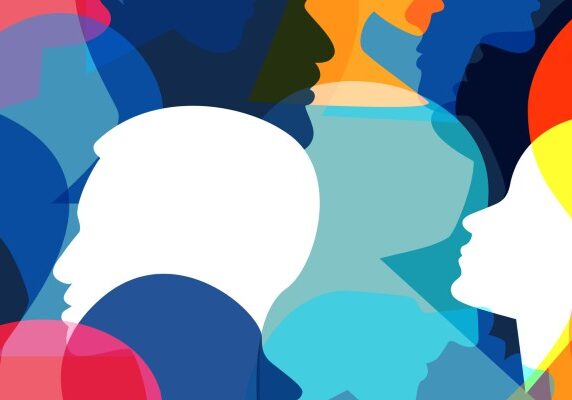Principles and process: The ethics of disability-inclusive development research
The Sustainable Development Goals (SDGs) are designed to leave no one behind so people with disabilities must be included in all aspects of development-focused work, including research where the ethical implications must be considered carefully.
Article 31 of the UN Convention on the Rights of Persons with Disabilities requires that collecting and maintaining data complies with internationally accepted norms to protect human rights, fundamental freedoms and ethical principles. There are various guides and tools available to assist researchers in achieving these goals. The Ethical Guidance for Research with People with Disabilities from the National Disability Authority of Ireland, or this brief from UNICEF focussing on including children with disabilities in research. However, the practicalities of including people with disabilities in research can present ethical challenges requiring careful thought.
Experience from Bangladesh
At the Institute of Development Studies (IDS), we recently undertook a piece of inclusive and participatory fieldwork in Bangladesh for the UK Aid-funded Disability Inclusive Development programme. The study explored the experiences of learners with disabilities of the adapted BRAC STAR youth employment programme (for a short video introduction to the programme see here).
Our research involved working with learners with disabilities in participatory workshops, designed and implemented with partners including International Non-Government Organisations (INGOs) and Organisations of People with Disabilities (OPDs). Each participant received information in advance, and we planned to gain consent from each participant after an initial briefing to ensure their decision to participate was taken with all the necessary information. We had planned to provide information in different formats as well as through interpreters, and we aimed to record verbal consent, or if the participants felt comfortable giving it by signing or with a thumbprint.
Join Bond’s Disability and Development Working Group
The Disability and Development Working Group convenes members working on disability issues to prevent discrimination and ensure that disabled people are considered and included in all international development and humanitarian policies.
Join the groupOne participant, Fatema (not her real name), arrived and seemed happy to be involved. Fatema had a hearing impairment and could not speak. She usually communicates using informal sign language and a relative was expected to assist her with interpretation on the day. However, another participant informed us that the relative had been involved in an accident and could not attend. We were presented with a dilemma – we wanted our research to be inclusive and to give Fatema every opportunity to be involved. However, without interpretation, how could we be confident that she had fully understood what participation involved and would this prevent her from giving informed consent? The approach we took to navigate this situation involved three steps:
Safeguarding is vital
‘Do no harm’ is a central principle of research ethics. Our first duty was to ensure that Fatema would be safe if she participated. We felt that the methodology of a participatory workshop did not put the participants at any foreseen risk. While our focus was on skills training, we could not rule out emotive topics coming up. However, we were confident that the team had the skills to support anyone who might have strong feelings during the sessions. Through our partners, we had links to local services that might be appropriate to refer to in the event of someone needing them. We judged that Fatema was not being put at risk through participation.
Ask partners for advice
We spoke at length with our partners about the situation, who knew Fatema personally and had interacted with her family. While they could not speak on her behalf, and certainly could not offer to consent for her, they could say if they felt participating was in Fatema’s best interests or not. They shared that when she and her family had been briefed about the research, she was positive about being involved and was looking forward to sharing her experiences.
A flexible approach may be needed
Although our research protocol required that we seek consent directly from participants after a briefing, the situation suggested we take a flexible approach. The partners recommended that the summary of the briefing could be delivered by another participant who knew Fatema and who was able to communicate well with her, despite not knowing the exact informal sign language that she used. This briefing stressed that participation was voluntary, and Fatema was free to leave at any time. In addition to this, we also observed Fatema’s body language – she seemed very relaxed and comfortable. While it could not be taken in isolation as an indication of consent, the fact that Fatema had shown up for the workshop was also considered a further sign that she was happy to participate.
Principle over process
Ethics must be taken into consideration in all human-focused research and as such is important to development-focused research. Processes must ensure participants’ human rights and fundamental freedoms are respected and that they come to no harm. Every situation is different, as is every participant. A flexible approach may be needed to ensure that participants with disabilities have the same opportunities to participate as anyone else. For development research to be meaningfully inclusive and safe, the principles of ethics must take precedence over the process.
Category
News & ViewsThemes
Disability and Inclusion



